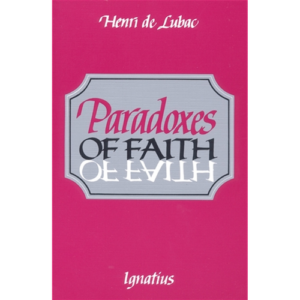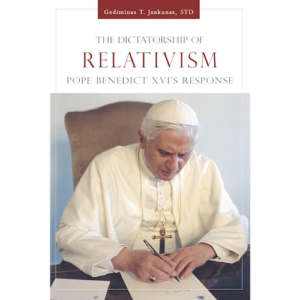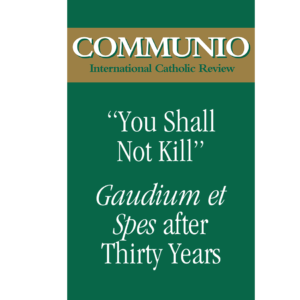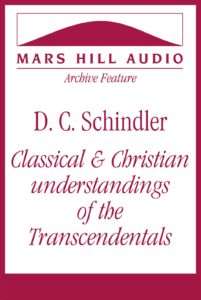
Truth, goodness, and beauty (and why they matter)

The joy and mystery of poetry
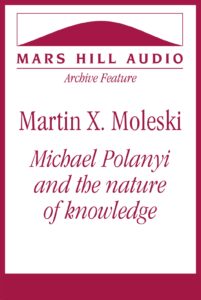
Knowing the world through the body
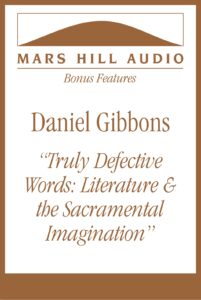
“A sign of contradiction”
In this lecture, Daniel Gibbons compares and contrasts understandings of sacramental poetics proposed by Augustine, Aquinas, and Sydney. (36 minutes)
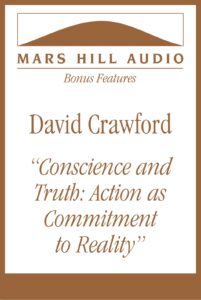
Goodness, truth, and conscience
David Crawford examines Karol Wojtyła’s thought on the relationship between conscience and truth. (37 minutes)

When language is weaponized
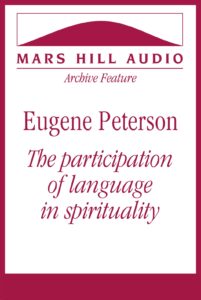
Multi-leveled language and active spiritual engagement
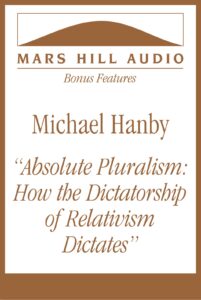
Why liberalism tends toward absolutism
In this lecture, Michael Hanby examines what causes liberalism to become dictatorial in thought and practice. (49 minutes)
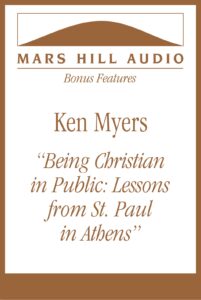
No neutral view of the cosmos
Ken Myers argues that Christians need to recover a “whole-earth discipleship” that enables them to think Christianly about all areas of life, including public life. (50 minutes)

The unintended consequences of the Reformation
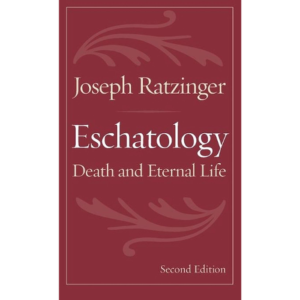
Justice and truth
Joseph Ratzinger: “Plato’s philosophy is utterly misconceived when he is presented as an individualistic, dualistic thinker who negates what is earthly and advocates a flight into the beyond.”
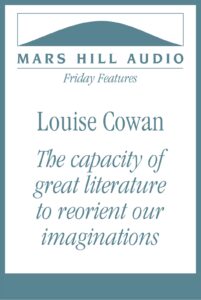
Sustaining a heritage of wisdom
Louise Cowan (1916–2015) explains how the classics reach the deep core of our imagination and teach us to order our loves according to the wholeness of reality. (16 minutes)
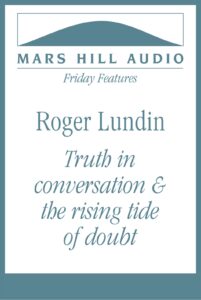
Sources of wisdom (and of doubt)
Roger Lundin shares what he has appreciated about Mars Hill Audio conversations, and he discusses what makes Christian belief so implausible to non-believers. (32 minutes)
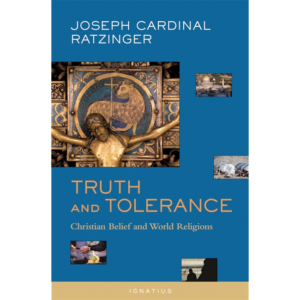
Is irrational freedom truly freedom?
Joseph Cardinal Ratzinger argues that freedom must be understood in the context of interplay of reason and the will

Is religious belief really true?
Joseph Cardinal Ratzinger asks if Christian faith is just lovely subjective consolation, a kind of make-believe world side by side with the real world
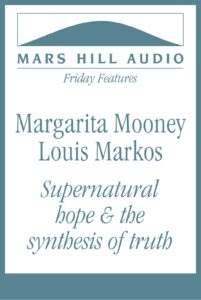
Liberal arts and the importance of truth
Listen to conversations with two guests from Volume 153, Margarita Mooney and Louis Markos, on the liberal arts and the importance of truth. (26 minutes
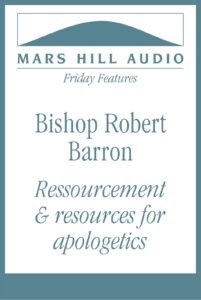
What is really true? Why does beauty matter?
Bishop Robert Barron talks about the necessity of persuading people that theological claims are about things that are objectively true, not just personally meaningful. (14 minutes)
